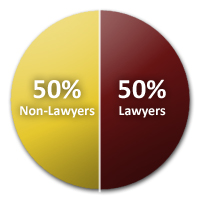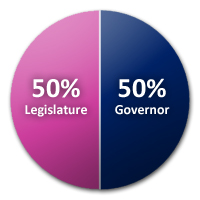Gay Marriage Update: New England, Iowa, Wisconsin, and California
Litigation regarding gay marriage and other gay rights issues continues throughout the several states, and it is increasingly likely that the Supreme Court of the United States will rule on whether the United States Constitution guarantees a right to gay marriage. This article, a synopsis of the status of gay marriage in various states, analyzes recent court decisions in hopes of illuminating the relevant legal arguments. This article also highlights the most well-organized efforts and key players in the campaigns to legalize gay marriage at the state level.


 Connecticut Supreme Court
Connecticut Supreme Court
